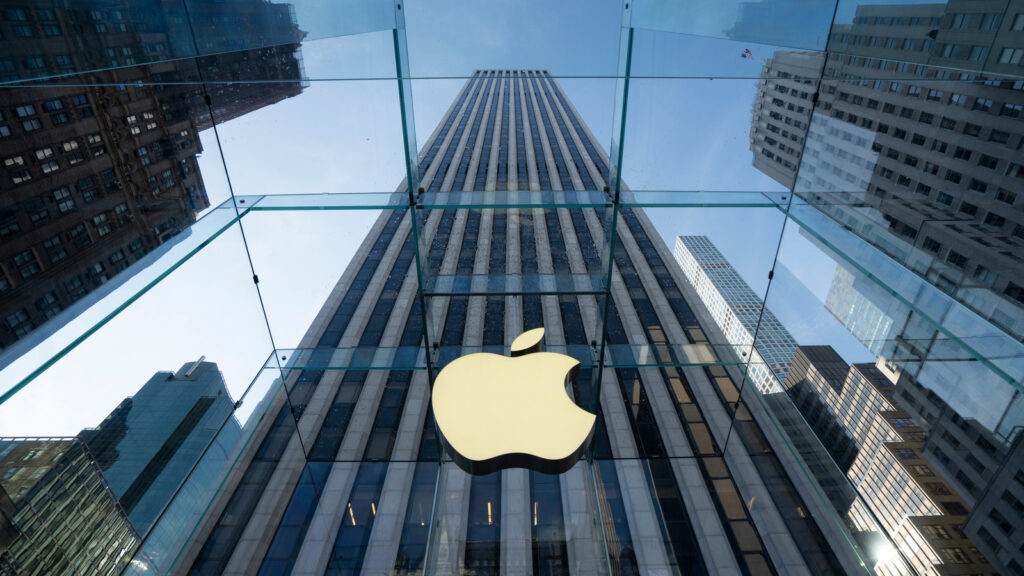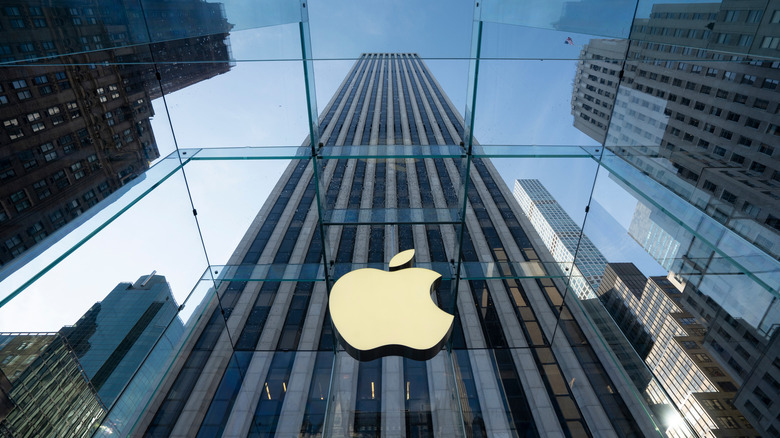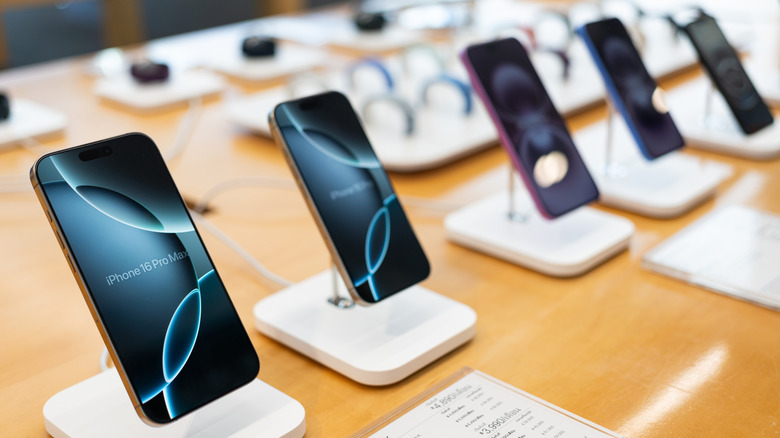Apple this week responded to a lawsuit from the Department of Justice (DOJ), which alleges that the Cupertino company is in violation of antitrust regulations. The suit was initially filed back in March, and Apple’s response is blistering, to say the least. As a quick refresher, the DOJ alleges that Apple takes advantage of its monopoly power to “extract more money from consumers, developers, content creators, artists, publishers, small businesses, and merchants, among others.”
Many of the DOJ’s allegations are rather flimsy, and Apple’s filing methodically addresses exactly why the DOJ’s lawsuit stands on shaky ground. As an example, the DOJ takes issue with the fact that third-party smartwatches don’t have the same level of integration with the iPhone as the Apple Watch. This, the DOJ argues, harms consumers because it forces an iPhone user in search of a premium smartwatch experience to choose the Apple Watch. The DOJ lawsuit also alleges that Apple illegally restricts third parties from accessing the iPhone’s NFC chip, thus forcing users to rely upon Apple Pay exclusively.
The three other areas of focus in the DOJ lawsuit allege that Apple blocks users from streaming games over the cloud, purposefully makes third-party messaging apps less useful than its own Messages app, and makes a pointed effort to prevent “super apps” from appearing on the App Store. For clarity, a super app is an app with broad functionality, like WeChat.
Apple’s response
Apple’s response gets right to the heart of the matter, with the company noting that the lawsuit “threatens the very principles that set iPhone apart in a fiercely competitive market.” Rather than presenting a coherent list of improper and anticompetitive behavior, Apple writes that the DOJ seemed to lazily hone in on a random smattering of iPhone features under the assumption that they were made to harm competitors without even taking into account the design and security considerations that shaped the development of those features.
Broadly, Apple points out that the DOJ’s allegations are baseless because it doesn’t even have monopoly power. Apple points out that if you look at market share, there’s no way to frame Apple as a monopolist, especially when you consider how fiercely competitive the smartphone market is. To this point, Apple for years has been battling it out with competitors like Google and Samsung. Seeing as how the market share angle was a dead end, the DOJ instead decided to look at overall smartphone revenue. And since Apple has a significant share of smartphone-based revenue, the DOJ made that the basis for its assertion that Apple holds monopoly power.
But, as Apple points out, the company “lacks the power to charge supra-competitive prices or restrict smartphone output and thus cannot exercise monopoly power in any properly defined smartphone market.” Not only that, Apple notes that the DOJ essentially made up a brand new category dubbed “performance smartphones” to help make its case artificially stronger.
Many of the DOJ’s claims have since been made moot
It’s worth noting that a few of the DOJ’s claims are no longer relevant. For instance, iOS 17.4 introduced functionality which enables users to stream games via the cloud. And with iOS 18.1, Apple at long last allowed third-party app developers to access the iPhone’s NFC chip. As a result, users can take advantage of contactless payments without necessarily having to use Apple Pay. What’s more, users have the ability to make a third-party service outside of Apple Pay the default contactless payment method. And lastly, you might recall that with iOS 18, which was released six months after the DOJ suit, Apple finally embraced RCS support.
Apple also takes umbrage with the notion that its practices harm, or ever harmed, consumers. The filing points out that the impetus for the DOJ lawsuit didn’t come from growing frustration amongst users, but rather from some of Apple’s biggest and “best-funded” competitors. Bluntly stated, Apple writes that the DOJ’s case lacks any legal basis and hinges on the misplaced notion that Apple should design the iPhone in such a way that is acceptable to its own competitors, rather in a way that’s beneficial to its own consumers.
“The complaint is a misguided plea for judicial redesign of one of the most popular and innovative consumer products of all time, under the guise of an antitrust case,” Apple’s response reads. “That plea wrongly rests on an effort to overturn the careful balance that Apple has struck between third-party access to iPhone and providing users the trusted, secure, private, and user-friendly experience that has made iPhone so popular. The law does not require Apple to design iPhone as DOJ and Apple’s rivals might prefer.”
Once discovery in the case gets underway, we’ll likely get access to all sorts of interesting information about Apple’s development process.





